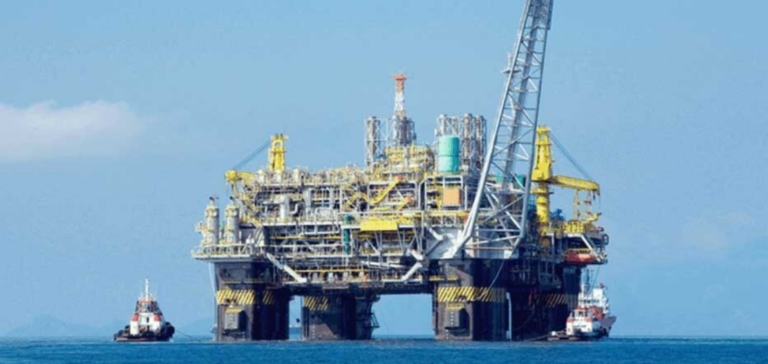Cyprus has responded to a request from international energy companies, led by Chevron, to extend negotiations on a modified development plan for its Aphrodite offshore gas field. The talks are aimed at resolving a dispute over scaled-back plans for this 3.5 trillion cubic feet (tcf) field in south-east Cyprus. The Cypriot authorities reacted very late on Sunday, when the negotiations were due to expire.
The Dispute Over the Modified Development Plan
Energy Minister George Papanastasiou said, “We have responded to a letter from the company requesting an extension that we received last week. Until we have a response from the company, we see no value in making a statement.” The development of the field had been the subject of dispute after the consortium submitted an amended plan this year, which Cyprus considered to revert to a 2019 field development plan agreed by all parties. The modifications removed a floating processing unit (FPU) and reduced the number of production wells from five to three. The original plan was prepared by Noble, an independent operator acquired by Chevron in October 2020, when estimated reserves were around 4.5tcf. An updated assessment after a new appraisal well this year reduced estimates to around 3.5tcf.
Arguments from Cyprus and Chevron
Nicosia believes that the floating processing unit (FPU) is essential to extend the life of the field, while Chevron, backed by the US administration, believes that the modified plan will bring gas to market more quickly and does not involve the construction of costly infrastructure. Chevron is a partner in the field, alongside Israel’s NewMed and Shell.
The project still aims to link Aphrodite to Egypt via a subsea pipeline, enabling gas to be sold on the domestic market or transported in liquefied form to Europe, which is largely dependent on Russian supplies.
In summary, Cyprus has responded positively to Chevron’s request to extend negotiations on the Aphrodite offshore gas field. The dispute revolves around a modified development plan that removes a floating processing unit and reduces the number of production wells. Both parties are putting forward valid arguments, and the outcome of the negotiations will influence the way in which they operate and distribute the gas.






















